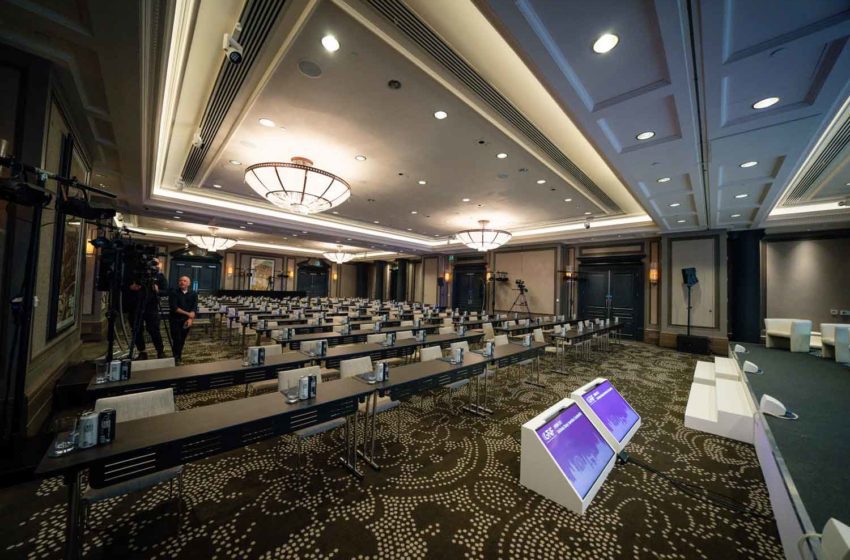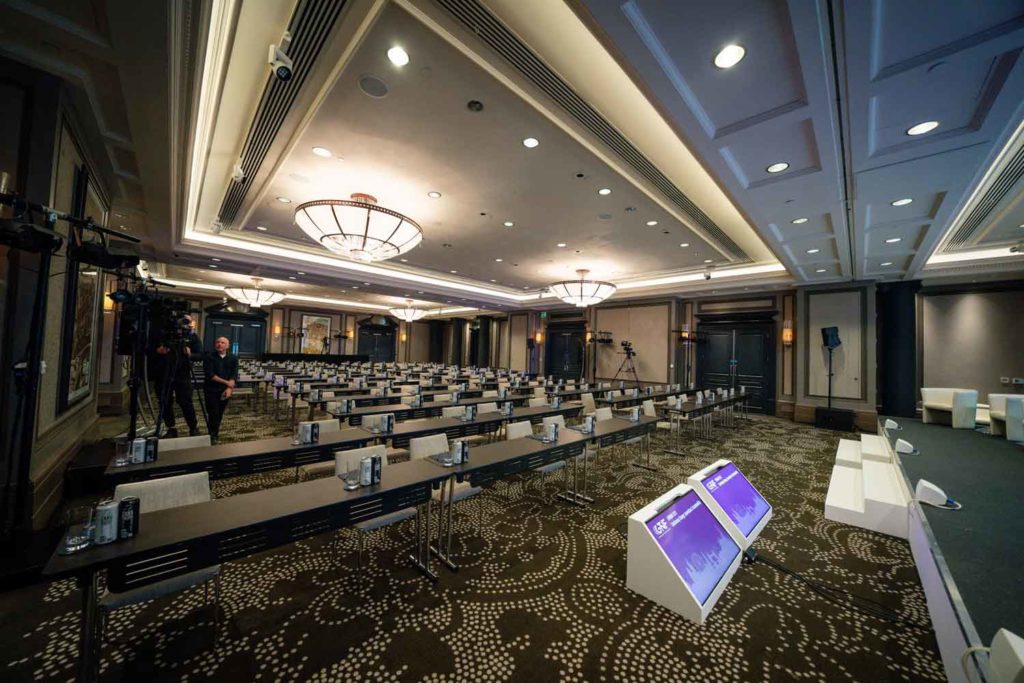Getting to Net Zero


Globally, illicit tobacco consumption continues to rise. The organized criminal gangs behind tobacco smuggling are clever, creative and adoptive, hence concerted actions are needed to successfully combat their activities. Razvan Dina, police subcommissioner for the Directorate of Preventing and Countering Illegal Migration and Crossborder Crime within the Romanian Border Police, described how the black market in his country in 2021 had decreased in most regions as a consequence of authorities’ efforts and a communication campaign that made consumers aware that buying illicit tobacco products was no victimless crime. Romania shares a long border with non-European Union (EU) countries Moldova and Serbia, where cigarettes are up to four times cheaper. In the first half of this year, police seized 45 percent more illicit tobacco than it did in the first half of 2020.
Sergio Miranda, underground economy specialist in the Quebec police force, presented the Canadian province’s widely recognized anti-black market squad program, ACCES, which was introduced in the 1990s and basically creates ad hoc financing that is given to governmental agencies to fight illicit trade and redirect users to the legal market. Consisting of undercover agents, intelligence officers and technical and strategic analysts, the task force creates medium-term and long-term investigation teams and promotes partnerships with police forces of other provinces and the U.S. The squad focuses on alcohol, tobacco, gaming and cannabis. With regard to illicit tobacco, Canada’s main problem was the massive amounts of illegally imported cut rag tobacco, which were made into tobacco products and redistributed across the border, Miranda said. With the help of ACCES and increased enforcement, the illegal tobacco market in Quebec could be reduced from 40 percent to 12 percent.
Whether consumers turn to illicit products is mostly an issue of affordability, according to Lawrence Hutter, senior adviser for Alvarez & Marsal, who published a report on the topic. The study, which analyzed data from 71 countries across 15 years, representing 82 percent of global cigarette volume and 92 percent of global cigarette retail volume, found that around the world, tobacco taxation overwhelmingly was the key driver for smokers to turn to illegal products. If cigarettes became 10 percent more expensive relative to income, illegal trade grew by 7 percent, the report showed. Valuable lessons, Hutter indicated, came from Romania, Latvia and Malaysia, where sudden increases in tobacco tax caused significant spikes in illicit cigarette consumption.
Sharing his 30 years of experience investigating terrorism crimes with the Police Service of Northern Ireland, Ian Monteith, global anti-illicit trade operations director at Japan Tobacco International, drew a disturbing picture of the criminals behind tobacco smuggling. Like the mafia, they deal in anything that will make them money. In Asia, he pointed out, the Covid-19 pandemic had brought about a new form of slavery—bondage labor. If people couldn’t repay high-interest loans, organized crime gangs took their children and compelled them to forced labor. Consumers who buy illegal products support this system, he stressed.
In the EU, the pandemic also changed organized crime’s operations. With borders suddenly being closed, traffickers could no longer use their traditional routes and had to move illicit cigarette production into the EU. Illegal factories emerged for the first time in Belgium and the Netherlands, from where criminals targeted the high-price U.K. and Northern Ireland markets.
The number of illicit plants has been increasing, and buying tobacco machinery on the internet is easy. A lot of the equipment comes from China. On the positive side, Covid-related border closures restricted the availability of illicit products, especially tobacco. The U.K. earned an extra £1.4 billion ($1.36 billion) in tobacco revenues as a result.
To successfully combat illicit trade, panelists agreed, governments need to realize that well-intended tax and public health policies can inadvertently boost organized crime. They should step up enforcement and explain to the public that buying illicit products is no victimless crime. And they should forge partnerships. The battle against illicit trade can be won only through a joint effort by law enforcement, public health professionals, policymakers and legitimate tobacco companies.